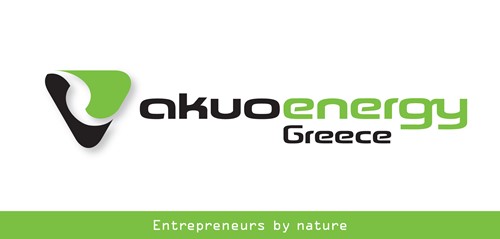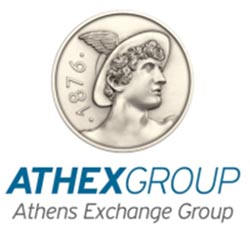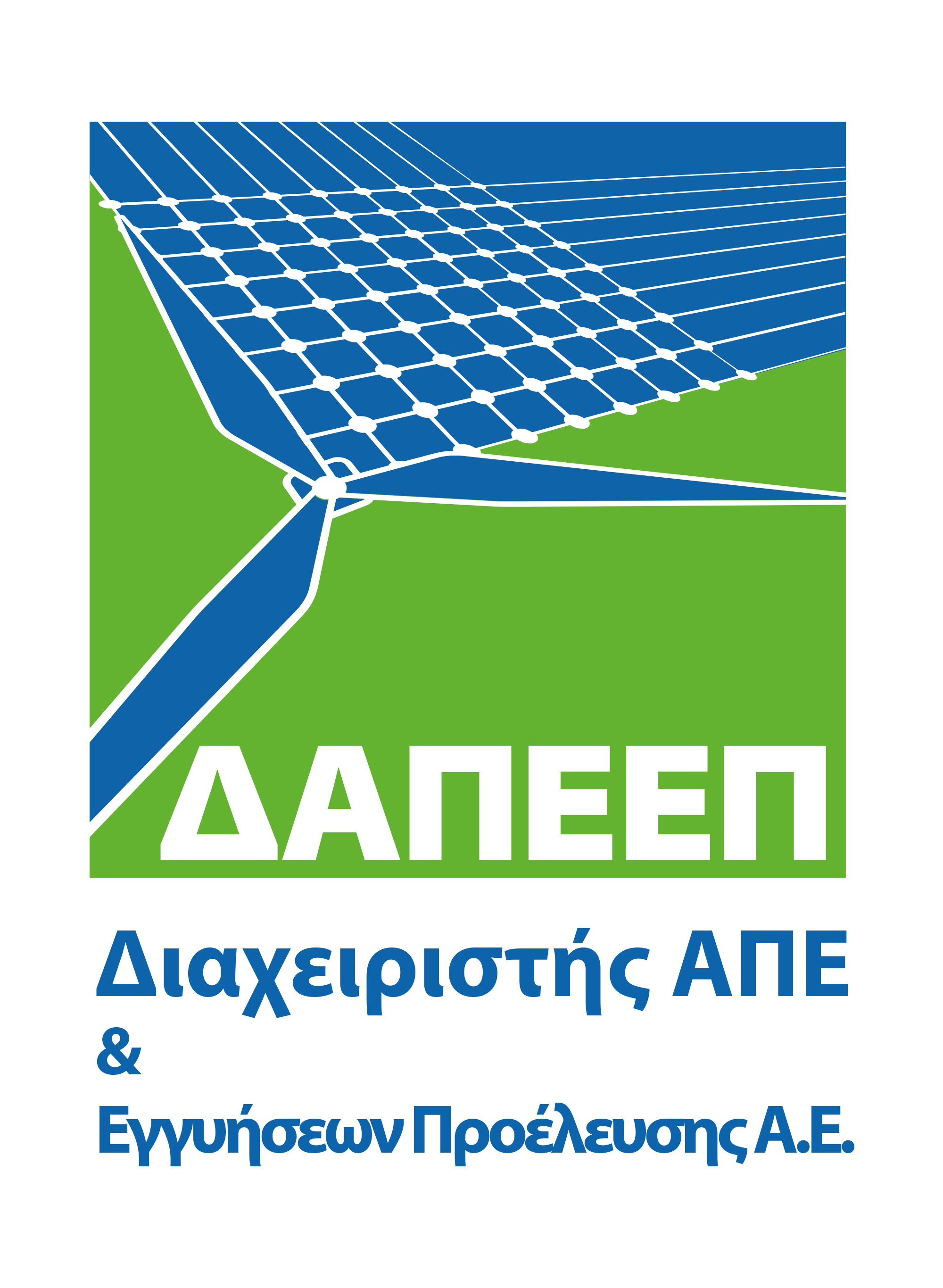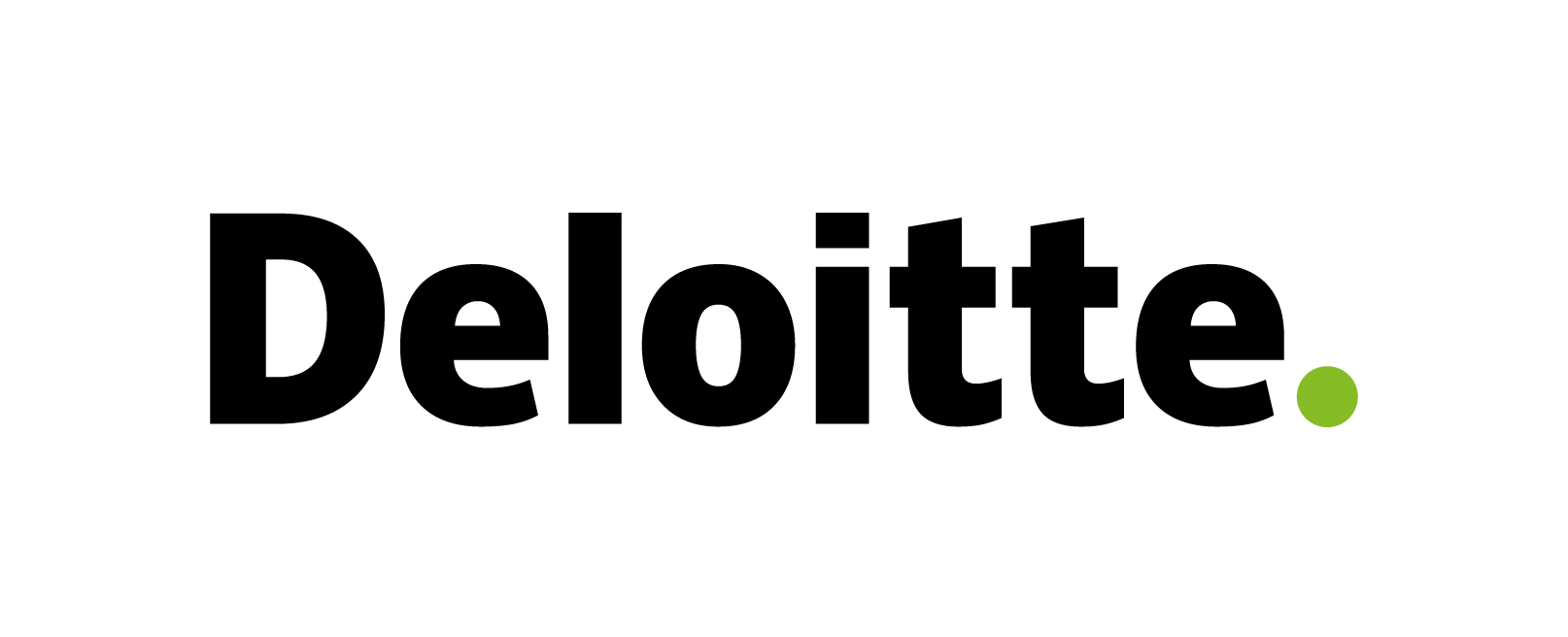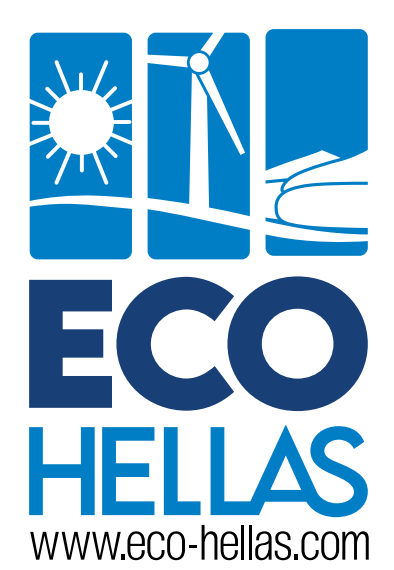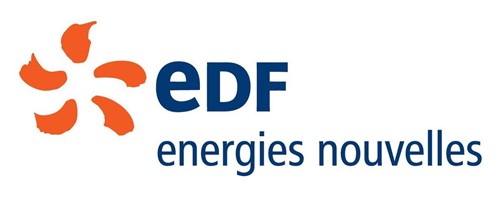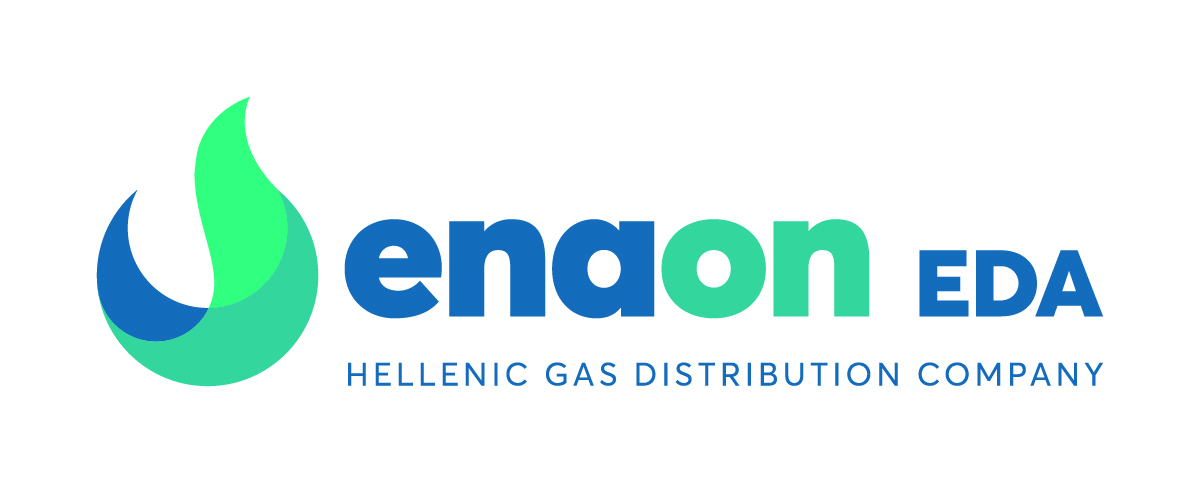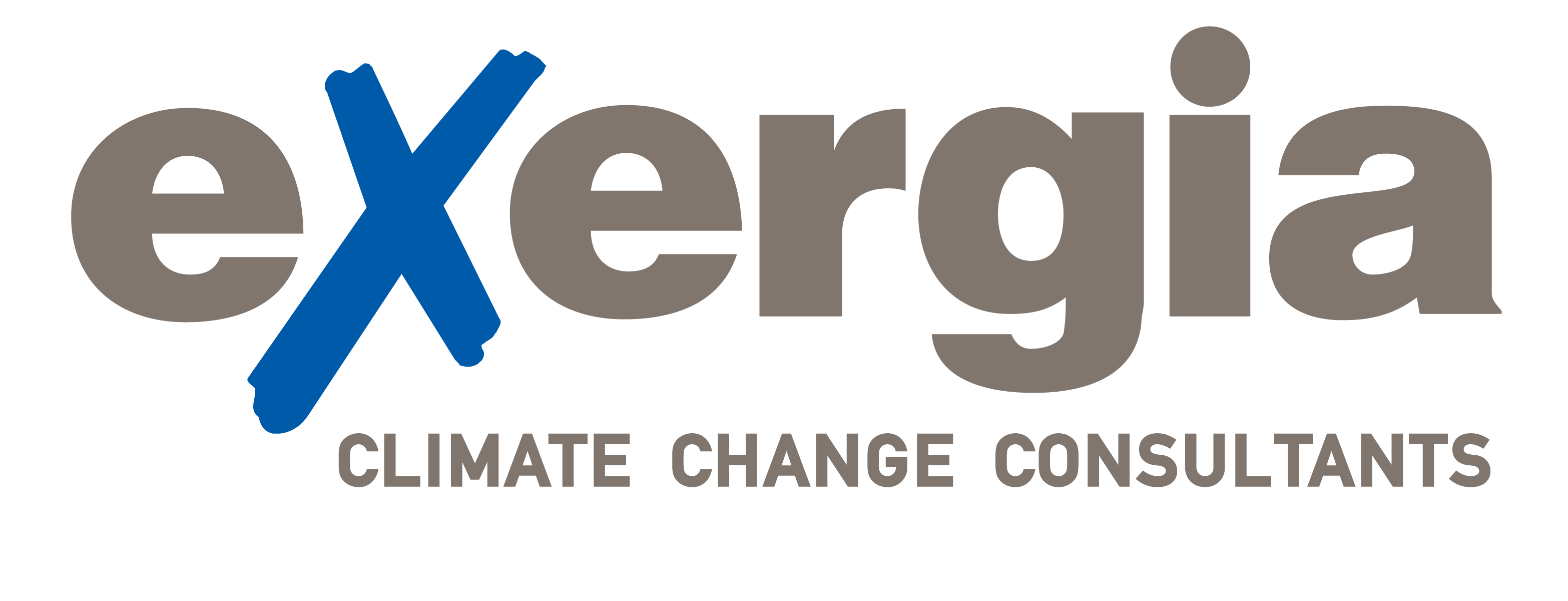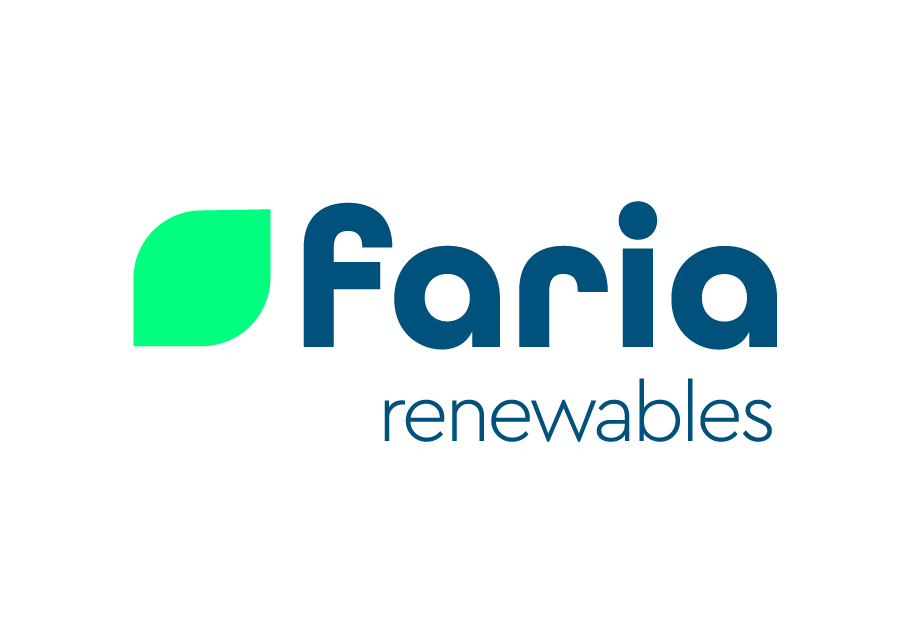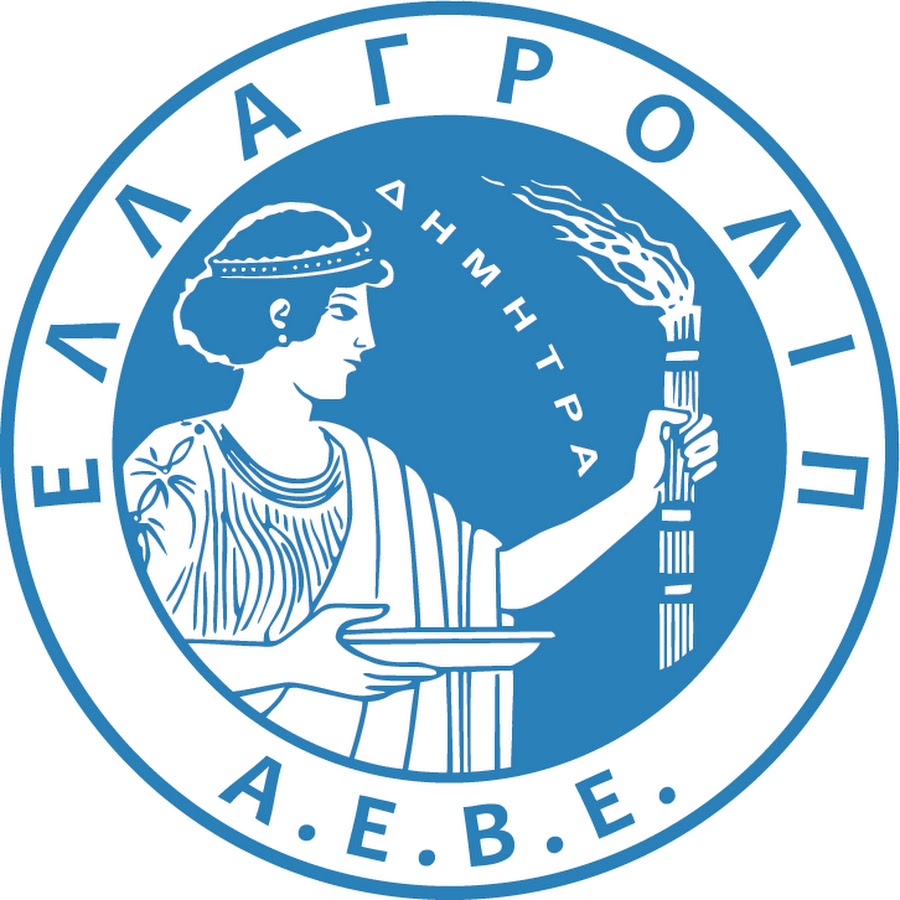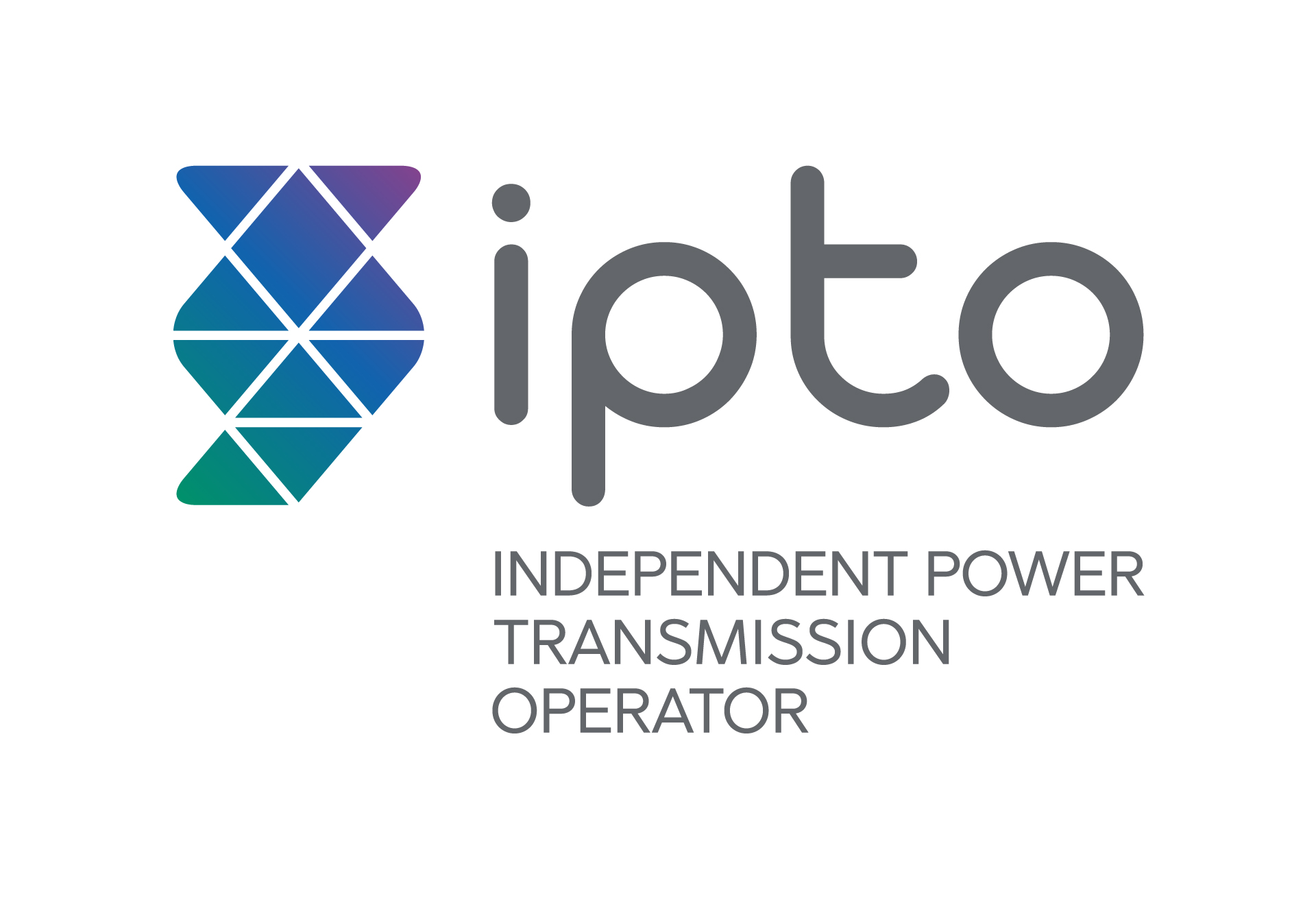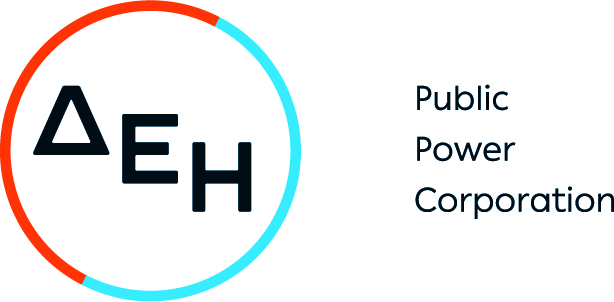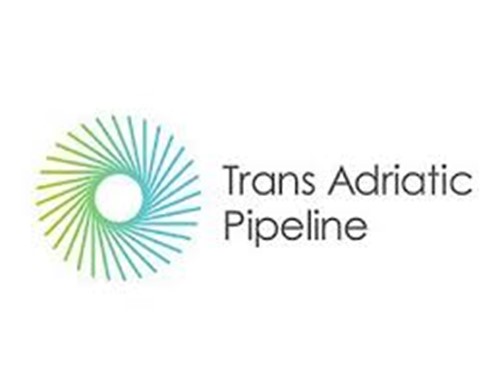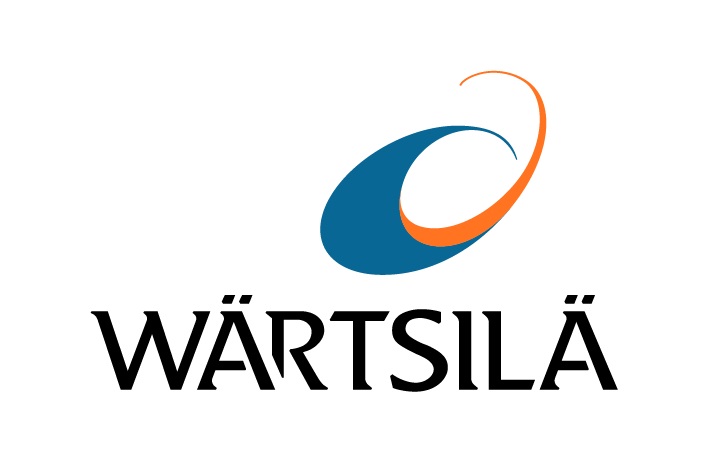Mark W Menezes, US Under Secretary of Energy, expressed support for the southern gas corridor pipelines crossing Greece - the Trans Atlantic Pipeline, The Trans-Anatolian Natural Gas Pipeline, and the Gas Interconnector Greece-Bulgaria (IGB), as a means of differentiating the country's power supplies.
Speaking at the Southeast Europe Energy Forum, Menezes encouraged European states to do the same as Greece and support energy sources and infrastructure that make economic and strategic sense and unite rather than divide Europe.
During the Forum, the Ambassador of the United States of America to Greece, Mr Geoffrey Pyatt, expressed his belief that Greece’s role as a meeting point for many energy routes in the Mediterranean and South-East Europe is absolutely crucial for USA‘s interests.
In this spirit, Greece's Public Gas Company (DEPA) and Gastrade S.A. signed a deal for the LNG terminal in Alexandroupolis.
The agreement signed by DEPA's CEO, Dimitris Tzortzis, and Gastrade's President, Ioannis Arapoglou, makes DEPA a shareholder in the FSRU infrastructure program in the northern Greek city.
This is a highly significant project, which is expected to secure additional quantities of natural gas to supply the Greek and regional market in southeastern Europe, thus contributing to the expansion and diversity of energy sources and enhancing energy security.
HAEE's Chairman, Dr. Andriosopoulos noted that the investment will allow the participants to find an exit and alternative consumers in the Balkan region, in Serbia and Bulgaria, whose only source of natural gas at this time was the Russian gas coming via a pipeline from Ukraine.
" The Alexandroupolis project will give potential buyers in these Balkan countries the opportunity to diversify their sources of supply a little. LNG has dramatically changed the natural gas market worldwide, with the US as a spearhead, due to its very cheap production," he added.
The Greek Minister of Environment and Energy, Giorgos Stathakis, noted in the Southeast Europe Energy Forum on Friday that, Greece and the Former Yugoslav Republic of Macedonia (FYROM) are working on the idea of a new natural gas pipeline between Thessaloniki and Skopje, on the sidelines of the 83rd Thessaloniki International Fair.
The Greek Minister, expressed the hope that "everything would go well" with the name agreement signed by the two parties in June. (FYROM is holding a referendum on the issue on September 30.)
Referring to the Greece-Bulgaria interconnector (IGB), the Greek energy Minister said that "its construction is expected to begin in 2020, and its capacity is formulated at 3 billion cubic meters." He marked that the technical issues are completed and the project is at the stage of inviting tenders. He added that the recent agreement among Exxomobil, Total and Hellenic Petroleum (HELPE) for hydrocarbon exploration in the sea west and southwest of Crete "is a very important project that will build Greece's self-confidence."
The Greek Energy Minister called for a common natural gas market in the Balkans, which should become an energy hub. "I don't know if a single country will assume that role; personally, I believe that all of the Balkans will" he said.



